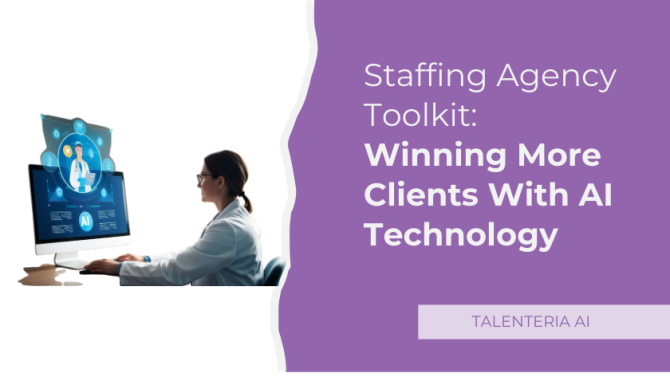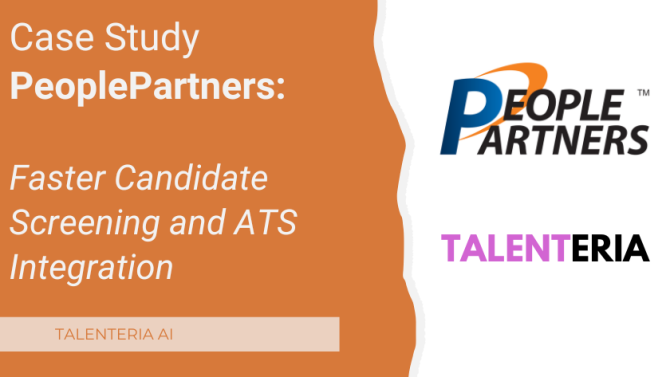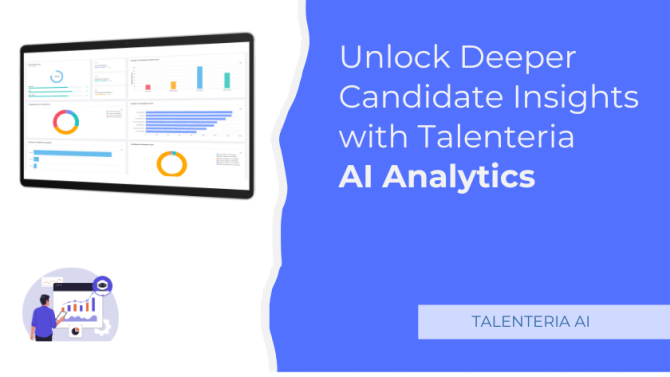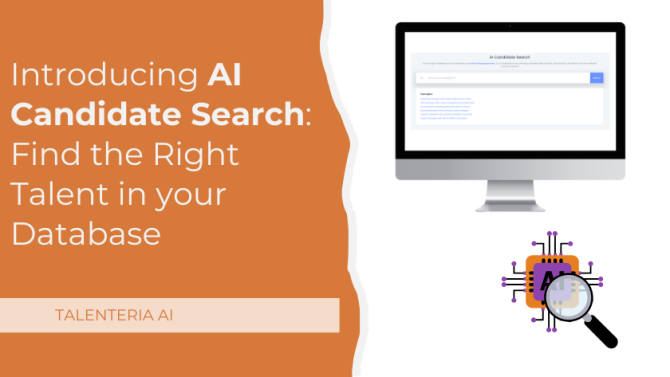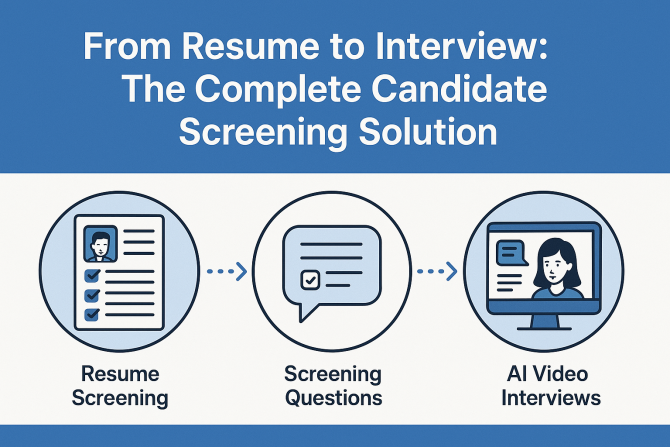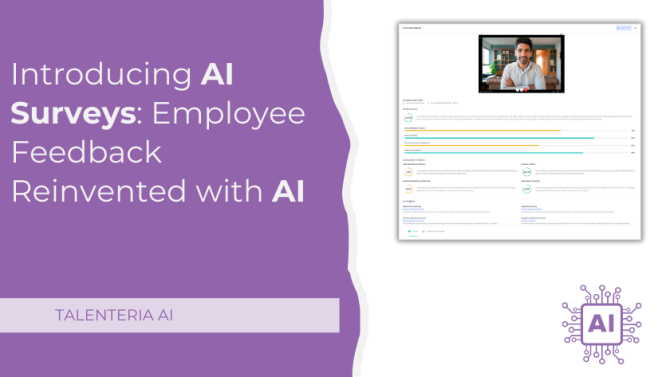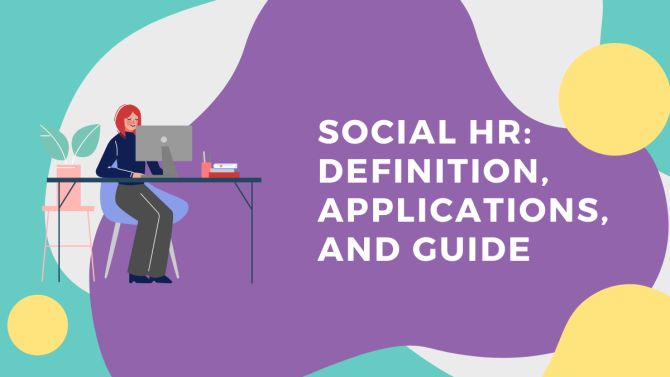
Labor is among the crucial assets that can either contribute to the company’s prosperity or undermine all the efforts taken before. Here’s why businesses are eager to set up a separate department that focuses on sourcing and nurturing employees.
Today, HR specialists implement numerous approaches to hire and retain the best of the best. Being an HR professional requires deep knowledge of how to attract talent and where to find it. Social HR – a modern HR trend – addresses both points.
This article will elaborate on what social HR is, how it’s implemented, and how to be successful in social media recruitment.
What Is Social HR?
Social media has become mainstream. With its deep penetration that increases every year, businesses can’t ignore the fact that building a corporate social image is no longer an option; it’s a must. Otherwise, you risk losing potential customers.
Is this relevant to potential employees? Of course! According to Oberlo’s data, the number of social media users has reached 4 billion in 2021 globally. The majority of these people are either potential candidates or current talents looking for employment.
And all these people spend a lot of time scrolling the feed. Therefore, social media is the perfect place to promote an HR brand and attract a workforce.
Social HR is an approach to talent management when managers use social media to fulfill HR tasks. Traditionally, social channels used to be considered useful for hiring only. Today, however, the boundaries are vanishing, with more and more brands blending social media and HR to boost engagement and employee development.
Nonetheless, many still criticize the approach. For example, employers consider social media as a threat to productivity. They believe that if employees have permission to use social media for work, they will devote a lot of time to social connections and postpone the tasks.
How Do HR Professionals Use Social Media?
Despite some criticism, the importance of social media for our daily routine is hardly possible to underestimate. It’s a native channel of communication that is useful for the following HR tasks:
1. For Recruiting
This is the first reason why HR specialists consider using social media for work. Why are Facebook and LinkedIn good sources of talent?
- The pool of users. By posting a job offering on social media, a brand directly reaches billions of people. For example, Facebook alone encompasses 2.8 billion monthly active users as of Q4 2020. That’s more than half of all social media users globally.
- The power of sharing. You don’t need to be friends with all the potential candidates to reach them. You can always rely on the power of sharing. Its principle is simple: once someone re-shares your post, all his/her friends automatically see it. Thus, you can reach even people who you have never met or heard about.
- Convenient communication. Since social media is highly popular, users are comfortable chatting in messengers. Moreover, they are constantly active and won’t take long to reply.
2. For HR Reputation
Companies started to think about their social media reputation, also called their social HR brand, when they began to source talents there. To attract new hires on social media, you need to lure them in.
The attractiveness of your company is determined not only by a job offer. Today’s workforce chooses an employer carefully and thoroughly. They consider the company’s activity in terms of social issues, for example. Many people want to work for a brand that supports society and contributes to its well-being.
Besides, people want to exist in a friendly environment. So, they assess how an employer treats the existing employees. Some negative reviews can drive potential candidates away forever.
Social media is a powerful channel that can help you build a positive or negative HR brand. If you ignore it, you risk ending up at the bottom of the labor market. If you develop your HR brand, the results can be unbelievable: people can come to you on their own, without you reaching them.
3. For Employee Engagement and Development
HR managers know that employees learn not only by acquiring work experience. There are other sources of information and skills. This is best explained by the 70-20-10 model, coined by McCall, Eichinger, and Lombardo forty years ago.
According to the theory, experience gained at work accounts only for 70% of learning. The other 30% are broken down to:
- Work relationships, including mentoring and coaching – 20%
- Formal courses and learning intervention – 10%
Social connections fall under the 20% - professional interpersonal relationships. Although they make up one-fifth only, their importance is significant. Coaching and mentoring are essential drivers for personal and professional development. They increase the effect of formal learning and work experience.
Social media is a convenient channel for sharing expertise. Not only is it native: social media are accessible and convenient. People can chat privately or in a team, join communities to increase the knowledge base, or watch webinars.
How to Source the Finest Talent on Social Media
Attracting talent on social media isn’t as simple as it may seem. Many issues can destroy your brand image or drive potential candidates away. Here are four pieces of advice that will help you curb HR social media recruitment.
Behave As If You Are on a Face-to-Face Interview
Social media is a source where you can learn sensitive information about potential candidates. For example, ethnicity, race, color, religion, affiliation, marital status, or other data can be used for discrimination.
To avoid being accused of inequality and harassment, you need to behave as if you are speaking to a person face-to-face. People are always more careful with the wording when the person is in front of them, rather than when he is miles away, on the other side of a screen.
Be Precise about Job Specifications
Candidates want to know what they are applying for. There is no need to trick people into your company. If the offering doesn’t match with the reality when an employee starts working, he will quit. Besides, little information about the position may give your rivals a competitive advantage, who would gladly grasp the best talents.
Provide Outstanding User Experience
If a candidate cannot fill in the application or get access to the data because the HR landing isn’t optimized for mobile devices, the risk of losing a person increases. Devoting an extra hour to create a high-quality application form or corporate HR landing on Talenteria will save your reputation and generate more applications.
We live in a social world; that’s why it’s hardly surprising that social HR is gaining popularity. In the future, we are likely to see wider adoption of a trend. With this in mind, learning the basics of social HR is a necessity, not an option. If you are ready to start implementing a social HR strategy of your own, consider using the innovative Talenteria recruitment marketing platform! Reach out to us for a demo.
